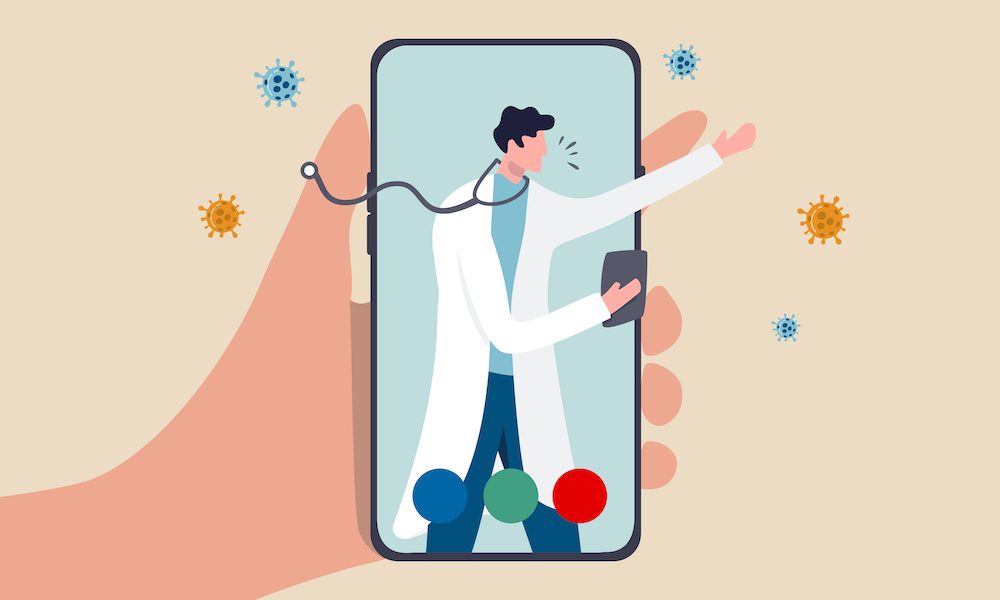
A study found patients receiving in-person care before the COVID-19 pandemic adapted well to telehealth appointments, maintaining their treatment regimens and health outcomes during the early stages of the crisis.
Researchers interviewed 133 patients living with HIV in New Jersey, about their pandemic-era health experiences between October 2020 and June 2021.
The shift to telehealth didn’t appear to hinder patients’ HIV treatment, said researchers, adding that 98.5 per cent of participants were able to see or speak with an HIV healthcare provider during the pandemic.
About 9.4 per cent reported having trouble obtaining their antiretroviral therapy (ART) medication after March 4, 2020, when COVID-19 restrictions began in New Jersey.
The study found that 69.2 per cent of participants accessed their healthcare providers via telehealth during the pandemic. Of those who used telehealth, 65.3 percent reported being “very happy” or “happy” with how it met their medical care needs, and 92.4 percent rated the overall quality of telehealth care as “excellent,” “very good,” or “good.”
Most patients also maintained their health outcomes. The researchers reported that 65.7 per cent of participants had an undetectable viral load, indicating well-managed HIV, and 86.9 per cent had a CD4 count of 200 cells per cubic millimetre of blood or higher, suggesting a healthy immune system.
First author Kristen Krause said: “For folks who see their doctors several times a year and don’t need to give biosamples at every visit, telehealth visits can improve quality of life while maintaining medical efficacy.
“There are a lot of upsides to telehealth, assuming it works as well as in-person visits. It saves patients’ time. It reduces cars on the road. If patients are sick, it keeps them home and slows disease transmission.”
“For those people who were already engaged in care, the pandemic didn’t totally disrupt things for them, and they really didn’t have a lot of negative health-related outcomes.”
Concerns arose at the pandemic’s outset about the potential impact on HIV care. Many infectious disease providers were redeployed to focus on COVID-19, raising worries about disruptions to HIV treatment.
However, Krause said those fears proved unfounded for patients already engaged in care.
The researchers also looked for differences in outcomes between older (55 years and above) and younger HIV patients. Contrary to their hypothesis, they found no significant differences between the age groups in adapting to telehealth or maintaining their health outcomes.
“While we hypothesised that older participants may have faced more obstacles and potentially have worse health outcomes due to COVID-19-related care disruptions, we did not see any such differences between those older and younger than 55 years of age,” Krause said.
The researchers caution their findings may not represent all people living with HIV. The study sample was drawn from an HIV/AIDS clinic which provides low-income HIV patients with medical care and essential support services. This high level of care and support also may have contributed to the positive outcomes observed.
Additionally, the study was conducted during the early stages of the pandemic. Further research is needed to assess the long-term implications of telehealth for HIV care. Still, the researchers said, the results so far have been positive.



